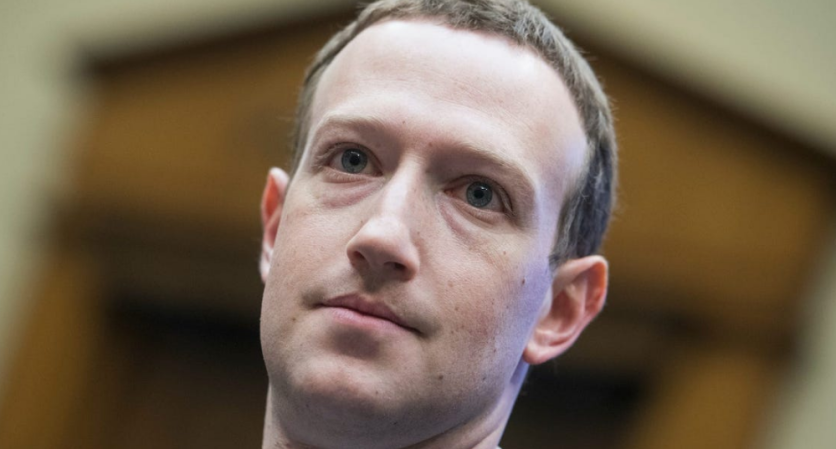Facebook is planning to sue Thailand's government after requesting the social media giant to block the country's users from accessing "Royalist Marketplace," a group reportedly criticizing the country's King. However, Facebook temporarily complied with Thailand's demand.

Facebook reportedly plans to sue Thailand's government over its demand that the company block users within the country from accessing a group critical of its king (FB) https://t.co/yUtZcs3hXu pic.twitter.com/S2qppSz7kt — Kabir Khan (@KabirKh05653012) August 25, 2020
The social media giant might take unprecedented legal action against Thailand, as reported by CNN. The company heeded to the country's request after it threatened to take Facebook to court.
"After careful review, Facebook has determined that we are compelled to restrict access to content which the Thai government has deemed to be illegal," said a Facebook spokesperson via CNN.
Thailand wants its users to no longer access the Royalist Marketplace, which was created by Pavin Chachavalpongpun, a critic of the monarchy and an academic who exiled himself in Japan. Chachavalpongpun explained that by allowing the Thai government to block users from accessing a page, Facebook had promoted the information censorship, destroying democratization.
He claimed the company's decision affected democracy and people's right to express freely on the country. Pro-democracy protests have been raging in Thailand for more than a month. However, because of strict "lèse-majesté laws," it is currently illegal to defame, threaten, or insult Rama X, the country's King, and other members of the royal family.
Why Thais criticize Rama X
Thais have criticized Rama X, questioning the monarchial system, and pushing for reforms by openly defying the country's laws. They condemn Thailand's King because he only waits out the coronavirus pandemic by spending a tremendous amount of time in Europe and going to Germany.

If you want to know why Rama X is the richest monarch in the world just like his father, you ought to read these pieces. Join Royalist Marketplace and go to ‘Files’. There are so many good reads there. Save them all up for later. Don’t know when they’d all be blocked or deleted. https://t.co/c9Sz5kU67t pic.twitter.com/ir6CCLDmIY — Freds (@croptopntattoos) May 30, 2020
Although Facebook was reportedly allowing India's politicians to break its rules on hate speech, it has attempted to position itself as a defender of free speech in the United States. On Monday, Aug. 25, Facebook CEO Mark Zuckerberg coordinated with U.S. President Donald Trump and other members of Congress to take action against Tiktok because it didn't support American values of free expression.
Other companies such as Apple, Microsoft, Google, and Airbnb also faced similar dilemmas across the globe. They were also reportedly taking sides with the governments' demands.
For more news updates about Facebook and other social media giants, always keep your tabs open here at TechTimes.
This article is owned by TechTimes,
Written by: Giuliano de Leon.
ⓒ 2025 TECHTIMES.com All rights reserved. Do not reproduce without permission.




